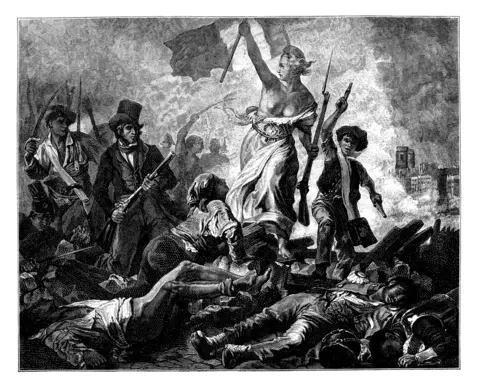**Title: Pornhub Withdraws from France Following New Age Verification Law**
In a significant and controversial move, Aylo, the parent company of Pornhub, has announced plans to cease operations in France, effective immediately. This decision arises in direct response to a new French law requiring all adult websites to adopt stringent measures to verify the ages of their users. The implications of this law, which aims to prevent minors from accessing adult content, have raised considerable concerns about privacy and surveillance, leading to widespread backlash from service providers in the adult entertainment industry.
**Privacy Concerns and Legal Context**
The spokesperson for Aylo criticized the French law as a privacy risk, advocating instead for age verification processes that operate at the device level rather than imposing invasive checks on individual users. Such age verification typically requires users to input sensitive information, including credit card numbers or government-issued identification, which many argue compromises user privacy and security.
Notably, Pornhub is the most visited adult website globally, and France represents its second-largest market after the United States. With the increasing regulatory landscape for adult content continuously tightening, Aylo faces pressure not just in France but globally. The European Union has recently launched investigations examining whether Pornhub and similar platforms do enough to safeguard children from viewing adult material.
**Global Withdrawals and Wider Implications**
Aylo’s departure isn’t confined solely to France. The company has previously exited multiple states within the United States over similar age verification issues. Additionally, as legislative bodies worldwide reconsider regulations governing adult content, companies in the explicit material sector face ongoing challenges. In the UK, new laws will soon require adult websites to implement robust age verification checks, echoing the French model.
**Criticism of the French Legislation**
This newly enforced French age verification law has drawn sharp criticism from several key figures within Aylo. Solomon Friedman, the Vice President for Compliance, characterized the law as not only potentially dangerous but also ineffective in achieving its intended purpose of shielding minors from adult content. Friedman highlighted that major technology firms like Google, Apple, and Microsoft possess the necessary capabilities in their operating systems to verify users’ ages without infringing on their privacy.
Another executive, Alex Kekesi, reiterated the company’s support for age verification initiatives but expressed concerns regarding user privacy and the potential for backlash against intrusive verification measures. The law’s requirements may inadvertently expose users to significant privacy infringements, which stands at odds with the intentions of protecting minors.
In a public statement reflecting on the situation, Aurore Bergé, the French Minister for Gender Equality, acknowledged the withdrawal of Pornhub from the market. In her remarks made on social media, Bergé viewed the development as favorable, suggesting that it would reduce access to content she described as degrading and violent for underage viewers.
**The Future of Age Verification Technology**
As Aylo plans to display a famous painting, “Liberty Leading the People,” by Eugène Delacroix in protest of the law, the discourse surrounding age verification remains heated. Experts and industry representatives are evaluating the implications of this law, projecting it may inspire similar movements in other jurisdictions.
Looking ahead, the UK is preparing to implement its own age verification law, requiring platforms to secure robust identification processes by next July. These developments point toward an expanding reliance on technology, such as facial recognition software, to ascertain a user’s age, raising ethical questions about privacy rights in the digital space. The debate over finding a balance between protecting children online and safeguarding the rights and privacy of adult internet users continues to evolve.
In conclusion, Pornhub’s withdrawal from France symbolizes a growing conflict between regulatory frameworks aimed at protecting minors from adult content and the privacy rights of individual users. As stakeholders navigate these turbulent waters, expectations and demands for transparency and respect for privacy will remain at the forefront of discussions regarding age verification and online safety.



